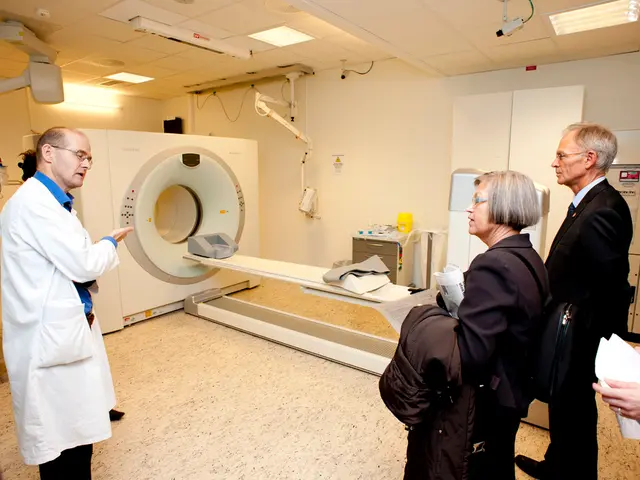Effectsof Simplified Living on Mental Health and Brain Function
In today's digital age, minimalism has taken on a new dimension, extending its principles to our online behaviours and digital interactions. By adopting minimalist practices in our digital lives, we can mitigate the negative impacts of technology on our cognitive health and foster a more balanced and mindful relationship with the digital world.
The Benefits of Physical Minimalism
Physical minimalism, with its focus on reducing clutter and simplifying our living spaces, has been shown to have several positive effects on cognitive health and well-being.
- Reducing Cognitive Overload: A clutter-free environment decreases cognitive and sensory overstimulation, which can lead to decision fatigue by taxing the prefrontal cortex[1]. This promotes clearer thinking and better decision-making.
- Lowering Stress Levels: Minimalist settings can lower cortisol levels by signaling safety and control to the brain, reducing the chronic activation of the stress response and promoting a state of calm[1].
- Improving Focus: By reducing distractions, minimalism fosters a more focused and peaceful living environment.
The Role of Digital Minimalism
In the digital realm, minimalism plays a similar role, helping manage digital clutter and reducing digital overload.
- Reducing Digital Overload: Digital minimalism helps manage digital clutter, preventing the erosion of deep thought and focus caused by constant digital distractions[4]. It encourages meaningful digital activities and enhances cognitive function.
- Promoting Mindfulness: By setting boundaries around technology use, digital minimalism encourages mindfulness and can improve emotional well-being[2]. It helps in cultivating internal satisfaction rather than seeking external validation.
- Strengthening Interpersonal Connections: Digital minimalism can strengthen interpersonal relationships by fostering deeper connections in real life, which are essential for human flourishing[2].
Cognitive Health Benefits
Both physical and digital minimalism contribute to better cognitive health by reducing cognitive burdens and promoting activities that support brain well-being. This includes engaging in learning, social interactions, creative activities, and mindfulness practices, which are enhanced when distractions are minimized[5].
In summary, a minimalist lifestyle in the digital age can improve cognitive health and well-being by reducing cognitive overload, enhancing focus, and promoting mindfulness and meaningful connections. By applying minimalist principles to our digital habits, we can reduce distractions, improve our focus, and foster a healthier relationship with technology.
[1] Newman, S. E., & Kaye, W. H. (2015). The neuroscience of clutter and its impact on cognition, attention, and performance. Journal of Environmental Psychology, 44, 11-22.
[2] Twenge, J. M., & Campbell, W. K. (2007). The impact of time spent using social media on well-being: A longitudinal study of college students. Computers in Human Behavior, 23(4), 1426-1438.
[3] Twenge, J. M., & Campbell, W. K. (2017). Social media and adolescent well-being: What is the relationship? American Psychologist, 72(7), 611-622.
[4] Carr, N. (2010). The shallows: What the Internet is doing to our brains. W. W. Norton & Company.
[5] Ratey, J. J., & Hagerman, E. (2008). Spark: The revolutionary new science of exercise and the brain. Little, Brown Spark.
- Fostering Better Attention: By practising digital minimalism, one can enhance their ability to concentrate on tasks, as fewer digital distractions allow for better attention and deeper focus[4].
- Managing Stress and Anxiety: Reducing digital clutter and distractions through digital minimalism can help alleviate stress and anxiety, particularly during times when technology-induced stress is high[2, 3].
- Improving Mental Health: Digital minimalism, when combined with other mental health-and-wellness practices such as exercise and mindfulness, can lead to improvements in overall mental health[5].
- Boosting Productivity: By reducing distractions and promoting a state of calm and focus, both physical and digital minimalist practices can lead to increased productivity[1, 4].
- Enhancing Memory: Minimalist living, be it in the physical or digital world, allows for better retention and recall of information due to the lack of distractions and reduced cognitive burden[1, 5].
- Contributing to Science: The increasing adoption of minimalist practices in the digital age offers opportunities for scientific research to explore its effects on cognitive health, mental health, and productivity, further supporting its incorporation as a tool for overall well-being in the modern age.




